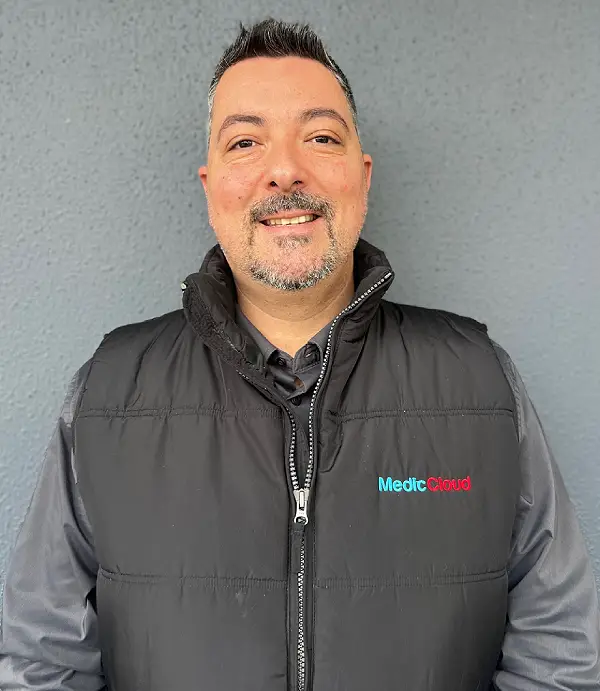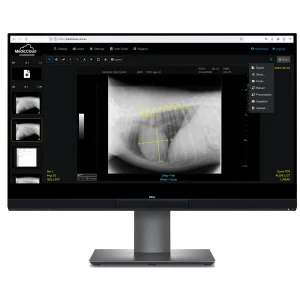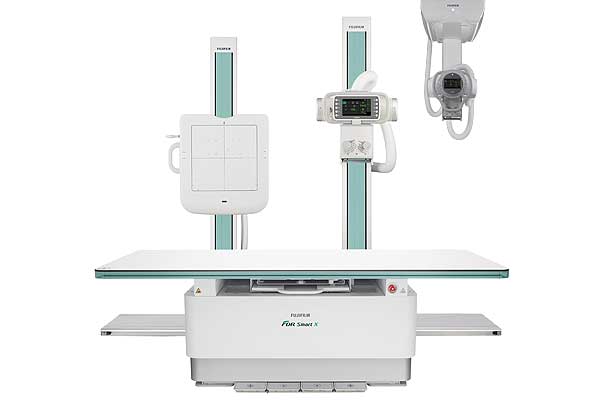Home » The Risks of Importing Unapproved Medical Devices into Australia
Unapproved medical devices
Global e-commerce has made it incredibly easy to purchase medical equipment from overseas suppliers. The prices can be appealing, and the process may seem simple. However, in healthcare, cheaper does not always mean better. In fact, when it comes to medical devices, it can often mean unsafe, non-compliant, and illegal.
At Medic Cloud, we regularly help clinics that unknowingly import unapproved devices. Our goal is to educate both healthcare professionals and patients on why compliance matters and how to avoid costly mistakes.
🔈 Listen as podcast
Title: The Risks of Importing Unapproved Medical Devices into AustraliaDuration: 04:15

Sam, Medic Cloud Managing Director
Are international certifications sufficient?
Many overseas manufacturers advertise their equipment as FDA-approved, HIPAA-compliant, or CE-certified. This often leads Australian buyers to believe the devices are legal to use locally. However, these international certifications only apply in their own countries, such as the United States or members of the European Union.
In Australia, the Therapeutic Goods Administration (TGA) is the regulatory authority responsible for medical devices. Unless a product is officially registered with the TGA and has a local sponsor, it cannot legally be used in any Australian clinic.
“Only products listed on the Australian Register of Therapeutic Goods (ARTG) can be legally supplied and used in Australia.” – Therapeutic Goods Administration (TGA)
What can go wrong?
1. Patient safety risks
Unapproved medical devices may not meet Australian standards for safety, performance, or calibration. Inadequately tested equipment can cause serious issues, such as misdiagnosis, burns, or radiation exposure.
2. Legal and financial consequences
Australian Border Force regularly seizes non-compliant devices at customs. If you are not the registered TGA sponsor, you cannot legally import or use the device, even if it arrives at your clinic.
3. Lack of warranty and local support
Many imported devices do not come with Australian-based servicing or warranty options. If something goes wrong, you may be left with an expensive piece of equipment you cannot legally repair or operate.
4. Insurance and business risks
Using non-approved devices can void your professional insurance. It may also trigger regulatory audits, financial penalties, or damage to your professional reputation.
The data behind the issue
| Metric | Australia Only | Source |
|---|---|---|
| Devices seized at the border annually | 1,600+ | Australian Border Force |
| Percentage marked “FDA approved” | 67% | TGA & ABF Joint Report (2024) |
| Value of non-compliant devices seized | AUD $8.4 million | Australian Customs |
| Clinics fined for illegal use | 130+ | TGA Compliance Database |
Common misunderstandings we encounter
Every week, we hear from overseas suppliers who:
-
Claim their products are ready for immediate use in Australia
-
Promote their FDA or CE approval as proof of compliance
-
Offer discounts in exchange for skipping legal steps
We also see well-meaning clinics buy equipment online, only for it to be confiscated by customs. In some cases, clinics unknowingly use unapproved equipment on patients, exposing themselves to serious liability.
How to import medical devices the right way
Even if a product appears on the ARTG, not everyone is allowed to import it.
Only a registered TGA sponsor can legally bring the product into Australia. If your clinic wants to import a device, you must either:
-
Work through the existing sponsor, or
-
Apply to become a registered sponsor, which involves providing documentation, passing compliance checks, and undergoing product testing.
Software solutions we offer at Medic Cloud
Our range of software solutions.
How to protect your clinic and patients
To circumvent unapproved medical devices do the following:
-
Always check the ARTG listing at www.tga.gov.au before purchasing any device
-
Speak with a compliance expert or IT advisor like Medic Cloud
-
Ask suppliers to provide proof of TGA approval and verify those claims
-
Avoid buying used or refurbished equipment from unverified sources
For patients: Know what to ask
If you are visiting a clinic offering advanced medical technology:
-
Ask for the brand and model of the device being used
-
Look it up on the ARTG listing to confirm it is approved
-
If it is not listed, ask more questions, your safety depends on it
Final thoughts: Focus on awareness, not blame
We know many clinics are unaware of these rules, and our intention is not to blame. Instead, we aim to raise awareness and help healthcare professionals make informed choices.
Medical regulations are not just red tape. They exist to protect practitioners and patients alike. Do not let a bargain compromise your reputation, your finances, or someone’s health.
If you are unsure about a product or a supplier, contact Medic Cloud. We are here to guide you to make informed decisions and avoid unapproved medical devices.
Read more blogs

Subscribe to Medic Hub
Get the latest insights direct to your inbox.





